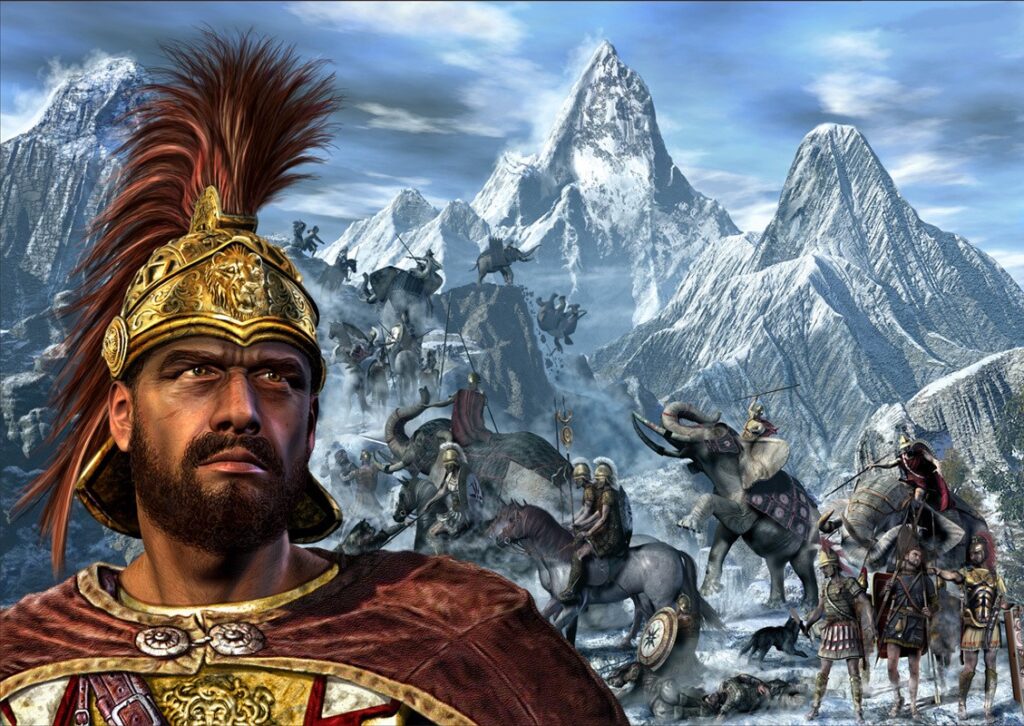Quintessential Comedy Classic – A Review of The Life of Brian
The story of the Life of Brian takes place later than the history we have studied so far. The main part of the story is set in 33AD in the eastern parts of the Roman empire. It follows Brian, played by Graham Chapman, tackling the challenges of growing up as a young adult. The movie starts with him being mistaken as the messiah upon his birth with wise men visiting him as the movie depicts similar to the story of Jesus’s birth in Bethlehem. After 33 years when he is a young adult he joins a political activist movement in Judea called “the people’s front of Judea” and as the film will constantly point out is not to be confused with the “Judean people’s front”.
One of the most memorable moments of the film is when Brian is graffiting the walls of Judea with the phrase “Romanes eunt domus” a phrase with the intended meaning of romans go home. However, John Cleese’s character a roman centurion corrects Brian’s grammar of the phrase which should have been “Romani ite domum”. This shows a brief glimpse into the language of latin which although the etymology of many english words can be traced back to latin the grammar system of latin is very different to modern english.
Another plot line is the attitudes that people have towards Roman occupation of their land. It is mostly painted as negative; however, there are moments in the film where they talk about the engineering projects that the Romans have brought. This is mentioned by the people’s front of Judea with the sanitation systems that the Roman created as well as aqueducts, a technology that still remains in some cities today. This issue was a double edge sword and was constantly mentioned by the people’s front of Judea. Although they wanted significant social reform they also had to grapple with the reality that they benefited heavily from the technology that the Romans brought.
Overall, I found that the film presented a different perspective to what we have focused on in class. This was both in location as well as time-period and arguably what was learnt in class foreshadowed the events that took place during this time. The militaristic nature of the Roman’s was evident throughout the film with soldiers in full dress whenever on screen as well as the opulence that the Roman elite chose to surround themselves with.
